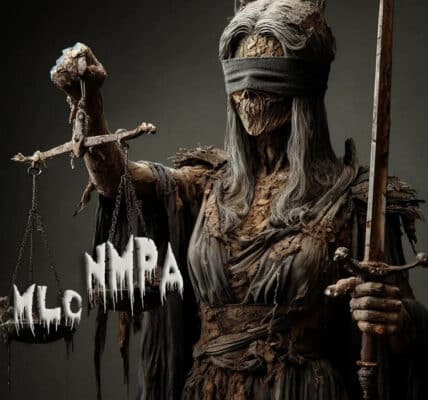
If you didn’t hear, Universal Music Group pulled their roster of music artists from Tiktok back in February. They couldn’t reach a license agreement with the booming social media platform that both parties could agree on after their old contract expired. Fast forward to May; UMG announces a new joint agreement with TikTok. Today, TikTok is moving forward with investment in music rights. Yep. They are moving up to becoming a parallel company to the music industry; acquiring music rights and content. They’re forming partnerships with mega labels—the first being UMG.
In addition to providing a huge promotional opportunity to artists, TikTok now has a subscription based music streaming service. And here’s a kicker—Tatiana Cirisano (music industry consultant based in Brooklyn) analyzed consumer behavior data and discovered that TikTok users were more likely to spend money on music, with “40% of active TikTok users paying monthly music subscriptions, compared to 25% of the general population.” Tik Tok is another kind of animal; it’s more than just a streaming platform. It’s more than a social media platform. And its growth is beginning to threaten both YouTube and Spotify in regards to music discovery and interaction.
In our new digital music world, artists are now expected to spend just as much time cultivating an online presence as they are making more music. Social media platforms like TikTok have enough power and influence to reach fans all over the world. So (if TikTok doesn’t get banned in America by congress) the joint collaboration of Universal might be a new trend in social engagement for professional musicians.
But there’s a roach heading for the soup…
The US government wants to ban TikTok due to bogus national security concerns. This all started under Trump’s presidency when he signed an executive order to ban TikTok, declaring “TikTok collects “vast swaths of information.” In other words, the administration did not want China using TikTok to “sweep up information on US customers”, but if American tech companies like Microsoft, Google and Oracle could be in control of TikTok instead, that would be okay.
Anxiety over these information sweeps include location data, browsing and search history and other personal data. The administration argued that “TikTok can act as a platform for disinformation, conspiracy theories and the like”, and warned that TikTok could “track the locations of Federal employees and contractors.”
With our upcoming elections here in America, however, Trump has changed his mind so that he may be an opposition to incumbent Biden. (Personally, I’m voting for Pharaoh Ramses II this year.) The presidential theatrics mean our TikTok dilemma could possibly be swayed by some hypothetical merging of a US company, and artists might not have to sweat over the ban. That’s what we’re hoping, anyway.
But if we’re all being totally honest here, this could be more about control and partnership acquisitions than national security. The big flag that flares up this speculation is Walmart’s interest in a partnership with Microsoft on a potential TikTok acquisition. Every company watching them sees the financial potential of TikTok’s AI powered algorithm, called the Gravedigger, on customer analysis. Giant companies are watching the Byte-Dance owned company move up in the ranks faster than chain lightning.
Let’s get back to the good stuff and grab a can of Raid…
What is the big deal about TikTok? For starters, they’re becoming a new breed of record company. Hypothetically, of course. Let’s go back over how the phoenix has risen:
- Unknown music artists have been going viral on TikTok, hurling them towards signed label deals and syndication faster than every traditional and self-promotional MO out there. Names include Doja Cat, Olivia Rodrigo and Billie Eilish.
- Customers with premium subscriptions to TikTok’s music streaming service have been more inclined to buy merchandise from artists than on any other platform recently, according to industry analysts like Tatiana Cirisano and data information companies like Luminate.
- TikTok is a creation platform; that means fans are actively searching for music to add to their dance videos, lip sync videos and more. This has proved to give TikTok more power over discovering new music.
- TikTok’s music usage has started to affect top billboard rankings in a big way since users employ music into their creative videos, taking music consumption to a whole different level.
TikTok is a force to be reckoned with at this stage. And in light of the upcoming US elections, the ban government agencies want to enforce on TikTok may be determined by whoever’s got the best fight left in their presidential campaign. Fans and creators seem to be at the mercy of an ever-evolving and highly adaptable platform as it transforms the music industry. So why don’t I have a TikTok account? I don’t know anymore. Maybe one should rethink that decision…




